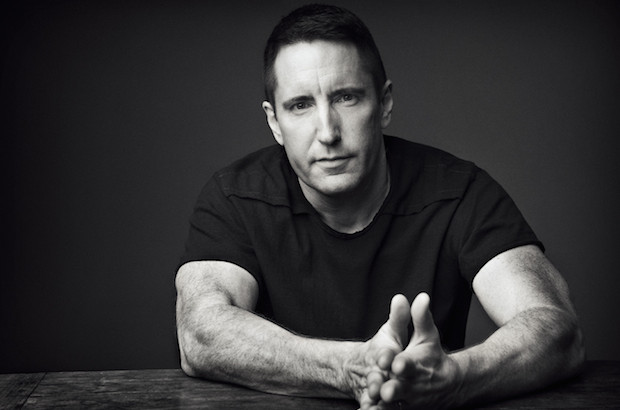On Monday, Nine Inch Nails frontman Trent Reznor hit out against YouTube, claiming that the content giant was following a “very disingenuous” business model, reported Pitchfork.
“It is built on the backs of free, stolen content and that’s how they got that big. I think any free-tiered service is not fair” Reznor stated at the Apple Worldwide Developers Conference.
Now a YouTube spokesperson has issued a reply on behalf of the company, speaking out against the claims made by the singer.
“The overwhelming majority of labels and publishers have licensing agreements in place with YouTube to leave fan videos up on the platform and earn revenue from them. Today the revenue from fan uploaded content accounts for roughly 50 percent of the music industry’s YouTube revenue. Any assertion that this content is largely unlicensed is false. To date, we have paid out over $3 billion to the music industry–and that number is growing year on year.”
The response has set the stage for an interesting debate, with a number of artists already penning open letters to the streaming service to express their own concerns about the nature of its content sharing.
Katy Perry, Pharrell Williams and Billy Joel have all voiced their dissatisfaction with the site so far this year, with industry management kingpin Irving Azoff posing the question that “If music matters to YouTube, then why not give musicians the same choice you give yourselves…Taylor Swift should be able to decide which of her songs are available for free and which are part of a paid subscription service. Or she should be able to opt out of YouTube if you won’t give her this choice.”
In the digital era, where the importance of artist revenue and industry fairness is at the forefront of the discussion surrounding the drastically changed business model of popular music, debates like this are much needed with arguments from both sides in order to help propel the music industry into the next decade with an equal balance between artists and consumers.
We’ve also been asking whether YouTube is still the most relevant platform for promotion and exposure. Read our take on the issue.
Image: Pitchfork

